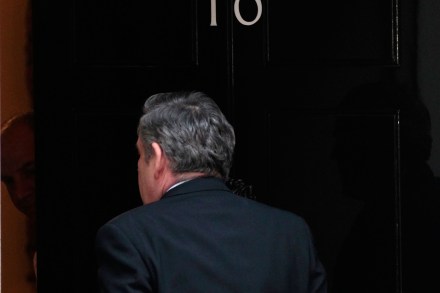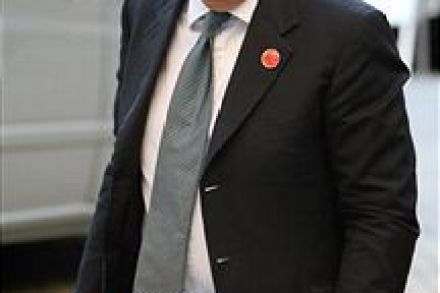Brown sets out his stall for the Lib Dems
Gordon Brown’s statement outside Number 10 just now was a strange mix of statesmanship and salesmanship. He began by trying to sound as reasonable as possible: claiming that he “understands” why Nick Clegg would like to meet with David Cameron first, and adding that he would happliy wait for them to finish their negotiations. He claimed that he is keen to “resolve the situation for the good of the country.” And he mentioned that Alistair Darling would be attending various meetings about the spreading fiscal crisis in Europe. But then, about halfway through, he flipped into used car salesman mode – hawking his rusty party to a sceptical Nick Clegg.













